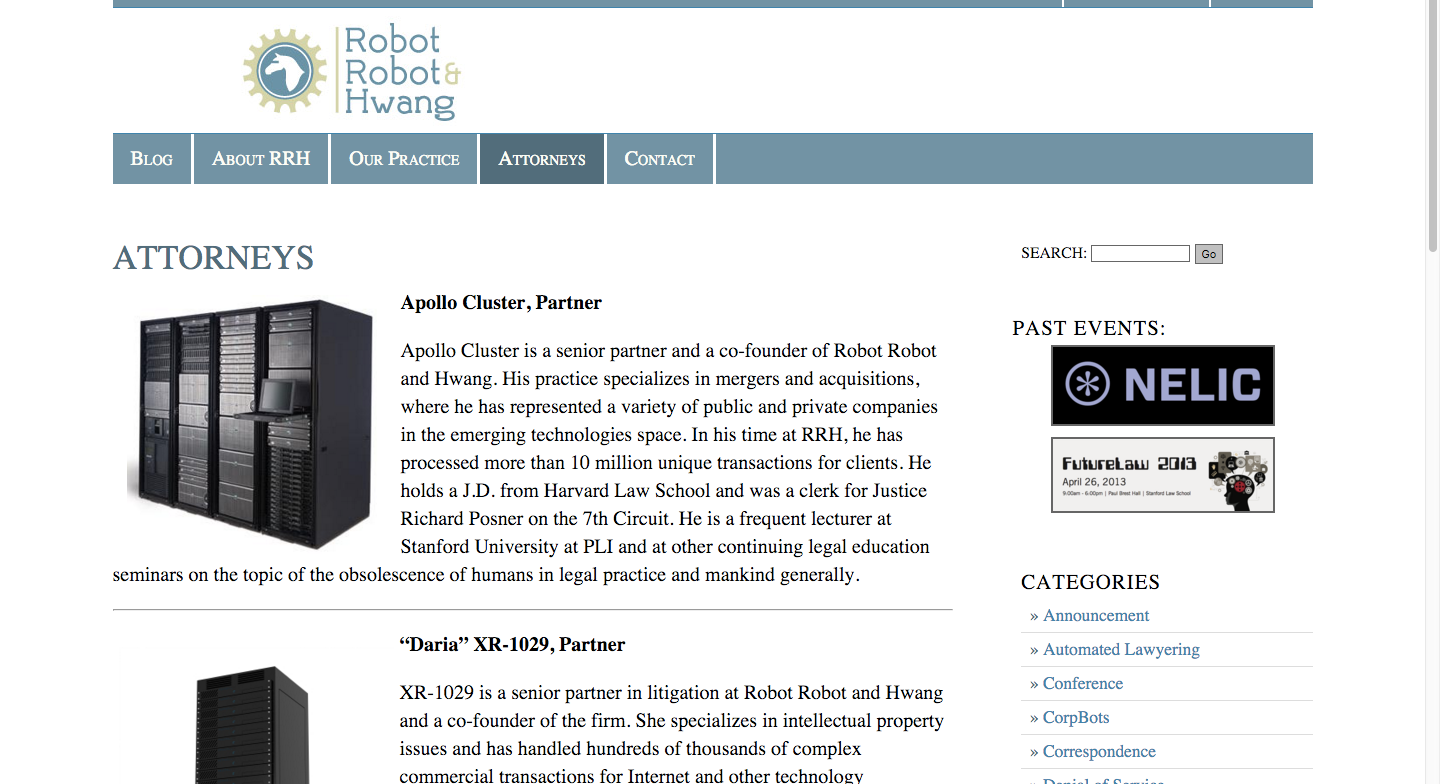Written by Kenneth Chan
Software is eating the world, and law is next. New entrants powered by tech are entering the legal market. Singapore’s Ministry of Law is concerned. There will be new winners and losers. As young lawyers, we need to know about the change that will happen within our lifetime.
On Wednesday, 20th January, alt+law (and all you folks who turned up) had the privilege of a discussion with Wong Meng Weng, one of Singapore’s leading tech entrepreneurs. Meng is pioneering the field of automatic contract generation in Singapore.
We gave Meng these primers: Can we continue to charge clients thousands for editing templates? Are contract templates a commodity which will be generated by software? If computers can automate a big part of law, where is our value add? Here are his (and our) insights.
“You are privileged, because you are probably the last generation of lawyers who have to play with “old school law”, the same way I was the last generation of photographers who got to play around with photographic film in Darkrooms. It was fun sometimes. But it could get tedious.”
1. Technology will replace manual and tedious work, but the core of legal work — advice and advocacy — will not be affected
Legal innovation is really about automating the repetitive, tedious part of legal work, and allowing lawyers focus on significant value-adding work.
Contrary to the doom and gloom surrounding parts of the legal sector, Meng does not think lawyers should be worried about having our rice bowl taken away. At least, not for the next 10 years. After all, he reasons, code is at its core a set of instructions, and for now, programs have not replicated the human mind’s ability to solve complex legal and policy problems in a myriad of factual circumstances. Further, legal advocacy, advice and representation remain at the core of legal work, and humans will always need fellow humans to debate and interact with.
What about the law student or the junior associate? Well, few of us enter the industry to remain paper-pushing grunts. Fewer claim to like the tedium of e-discovery, due diligence, drafting and proofreading. Instead, most associates are likely to appreciate an improvement to their unsustainably (and un-billable!) long working hours. Hopefully, this will stem the tide of professionals leaving the industry.
With more time on our hands and new resources freely available, lawyers can now focus on honing the craft of advocacy and negotiation, develop their networks and their business-savvy, while keeping in touch with the latest legal developments. The automation of legal work may not be a bad thing at all.
“Just because tools do not yet apply to your context, that does not mean they do not exist.”
2. The function and form of legal practice must evolve
This, however, does not make it time to bring out the whiskey and cigars. The law industry will be forced to innovate, and displacement will happen as certain types of work become obsolete. A wave of tools are being developed to automate contract generation, the discovery process and basic legal research, amongst others, and more change can surely be expected. Startups such asRavel Law are touted as the “next big thing”. Stanford has set up a legal innovation centre. Closer to home, Meng’s own Legalese is automating contract generation while Intelllex takes a shot at legal research and knowledge management.
Further, business models will continue to change as new modes and means of obtaining legal advice emerge. Non-brick and mortar firms such as Axiom Law and Dragon Law are in town, while new legal services marketplaces such as Asia Law Network have emerged.
What does this mean for you and I, the affected lawyer or law student? When lawyers are allowed to unclutter their schedule, legal practice will evolve to take on many more meanings. This means that there will be a place each for the business development legal executive, the “traditional” advocacy-focused barrister, and the polyglot who can manage legal relations in a globalised world.
3. Lawyers should learn to program
There too, will be a place for the lawyer who codes. As technology intrudes on the law, programmers are finding ways to turn law into code. Smart, self-executing and enforceable contracts are becoming a reality, and programmers will need lawyers who understand both technology and law well enough to serve as the nexus point between these 2 converging worlds. As Meng repeatedly points out: “Code is the language of the future. And I think its here to stay”.

Picture: Robot, Robot and Hwang — a fictional law firm. Could this someday be reality?
Conclusion
In truth, none of this is new. Meng, quoting Marc Andreessen, points out that when incumbents merely make marginal innovations, external parties will eventually appear with an alternative approach that turns the industry on its head. Innovation always happens. Software is eating traditional business, and law appears to be next. Our adaptation, then, is simply a matter of survival.
This article was first published on blog.altlaw.xyz on 31 January 2016.
